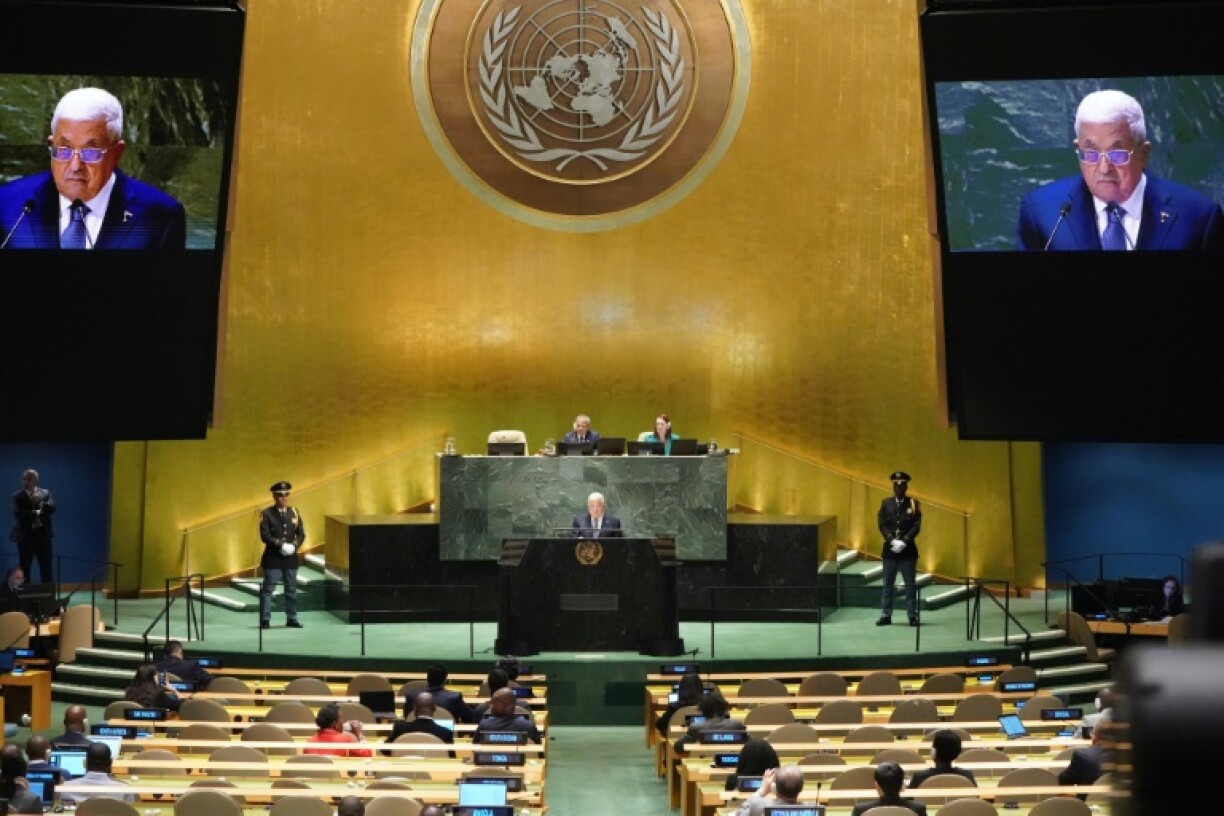
After nearly two years of televised genocide in Gaza, European decision-makers are finally shifting their discourse. In light of Israel’s escalated violence in Palestine, as well as missile strikes in neighbouring countries, officials are at last daring to voice criticism and consider material consequences, even pledging to recognise Palestine as a sovereign nation at the UN General Assembly on 22 September.
But I don’t exactly feel celebratory about these pledges. Although recognition is a step in the right direction, the delay and lack of a credible roadmap for what follows makes it feel disingenuous. As if it were a PR stunt to deflect accusations of moral, if not legal, complicity* for leaders’ prolonged silence, arms trading, and sidelining Palestinian solidarity at home.
For one, the timing baffles me. Haven’t NGOs, medics, scholars, and civilians been taking to the streets for 23 months with clear and actionable demands? And wasn’t it Foreign Minister Xavier Bettel himself who in November warned recognition was a premature step? It’s not like any criteria for statehood** have changed, so why now?
The second element that makes me wary is that this recognition feels like an isolated gesture without a meaningful long-term strategy. On its own, and under the current conditions, I struggle to see how recognising Palestine will translate into pressure on Israel or relief for Palestinians. With more than 90% of Gazan homes having been reduced to rubble, and hospitals, universities, and schools systematically destroyed, the immediate priority is survival and reconstruction, not the establishment of an institutional framework “worthy” of Western recognition. It risks overlooking the reality at stake.
Nevertheless, I won’t give in to futile frustration; the momentum now building does leave room for tangible action, if we choose to seize it. It’s a matter of political will, and there are at least three areas where that will could be translated into practice: acknowledging the Israel–Palestine power imbalance, enforcing international law with material action, and safeguarding the sustainable development of a Palestinian state.
Any serious attempt at peace could begin with an honest look at the obstacles: not only the Knesset voting against recognising a Palestinian state and the continuing expansion of illegal settlements, but also the deeper asymmetry between Israel and Palestine.
Of course, the violence inflicted on Israeli civilians by Hamas is significant, but it cannot be detached from its broader historical context, nor equated with the scale of Israel’s actions, as negotiators so often suggest. The scale of violence alone points to a severely asymmetrical power balance, rooted in the colonial nature*** of their relationship, and has to be recognised as such.
But recognition also demands introspective work beyond Israel and Palestine in isolation – namely Europe’s historic role in helping materialise Zionism on land that was already inhabited. And as importantly, how that history continues today: determining where our money goes, the vocabulary we use in conversations and news reports, and the privilege of looking away. Though uncomfortable, would it not be worth looking at our own complicity, too?
Once we’ve recognised that power imbalance, we might also reconsider what international law expects of its community. States carry a duty to act once a serious risk of genocide emerges. Recognition may be one response, but on its own it hardly has shifted the course: around 147 of 193 UN member states have already recognised Palestine.
Instead, what could apply real pressure – even without the US – are material sanctions. At a national level, this might mean investigating involvement in arms trade, or bans on imports from and sales to illegal settlements. Bettel dismissed such steps as unfeasible without EU consensus, yet Article 36 of the EU treaties proves they are possible on grounds of morality or security.
At an EU level, measures could include economic sanctions, arms embargoes, diplomatic isolation – the same steps taken against Russia, however contested their effect 42 months on. Instead, the Commission’s recent proposal targeting two far-right ministers and suspending free trade falls far short in urgency and scale.
What matters is enforcing international law consistently and universally, especially now that post-war values are under pressure from the White House.
States going into the General Assembly with the intention of recognising Palestine could also reflect on how to support a long-term Palestinian state, without slipping into paternalism. History has shown that little good comes from European powers drawing borders or deciding how a state should be run on behalf of an emerging nation.
A more constructive route could be to envision a roadmap with a few clear priorities in mind: safeguarding political and civilian independence, fostering financial systems are transparent and accountable without being tied to donors or Israeli control, and supporting transitional justice initiatives, from documenting violations to holding trials and building spaces of commemoration.
Yes, recognition might come very late, and for many, it will feel like too little, too late. But if it is backed by measures such as an honest reflection on the lived reality of occupation, material enforcement of international law, and genuine support for Palestinian development free from paternalism, it might still make a difference.